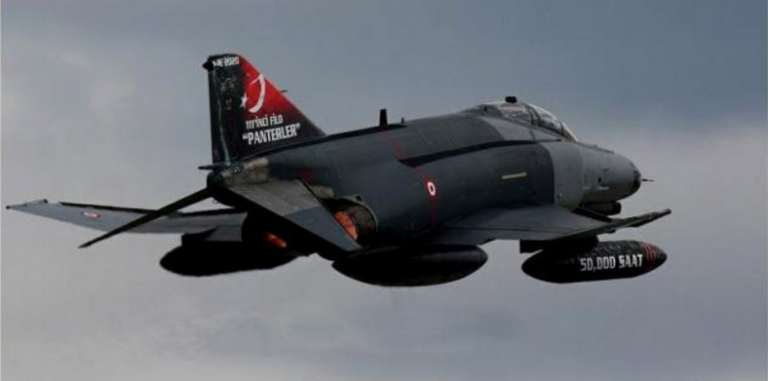On November 13, 2022, a small bomb shook a pedestrian mall in central Istanbul. Within a day, Turkish officials suggested they had their suspect. Ahlam Albashir, a Syrian woman whom Turkish authorities alleged took her orders from Syrian Kurds in Kobane. They paraded her before President Recep Tayyip Erdogan’s court media in a “New York” sweatshirt. Lest Turks not get the message, Interior Minister Süleyman Soylu suggested the United States was complicit.
There is actually no proof beyond Turkish insistence that Albashir has connection with Syrian Kurds; indeed, the evidence linking her to the Turkish-backed Free Syrian Army is stronger. Rather, it seems Erdogan is using the bombing as a pretext to carry out a preplanned operation to undermine the democratic Kurdish experiment in northeastern Syria. In the wake of the Istanbul attack, Turkish warplanes have repeatedly struck targets in Syria’s Kurdish zone, killing not only political officials but also numerous other civilians as well.
The mantra that the Syrian Democratic Forces are, by nature of their evolution from the Kurdistan Workers Party (PKK), a terrorist group, is not justification for Turkey’s actions for two reasons. First, the PKK has evolved over the years, much like Turkey itself. Today, President Recep Tayyip Erdogan’s Turkey is unrecognizable from what Turkey was two decades ago. The same holds true with the PKK, a group that once briefly held me at gunpoint while I was a Pentagon official in Iraqi Kurdistan. Politically, intellectually, and culturally, it is not the same organization. Second, while the State Department operates on auto-drive and some think tank analysts seek to be more Turkish than many Turks in their ostracization of the PKK, it is useful to remember that Turgut Özal, who dominated Turkey from 1983 until 1993, was willing to make peace with the group. Prior to his 1993 death, he had sent out feelers to PKK leader Abdullah Öcalan and appeared ready to negotiate an end to the Kurdish insurgency.
1922 Smyrna Disaster archives: The movie brings historical events to the fore in Guardian article
The White House and many European diplomats may believe they can turn a blind eye to Turkey’s ongoing assault on northern Syria. After all, the Kurds are not a state and so do not have a seat at the diplomatic table. Out of sight, out of mind. The problem with such logic is not only its moral perversity. Rather, whether accusing environmentalists of being part of a vast terror conspiracy after the Gezi Park protests, or exaggerating Gülenist complicity in the 2016 abortive coup or seeking a pretext to attack Iraq or Syria, false accusations against enemies as a pretext for police or military action have become common place for Turkey. The reason is simple: Erdogan has concluded such tactics work.
Read more: 19fortyfive
Ask me anything
Explore related questions





